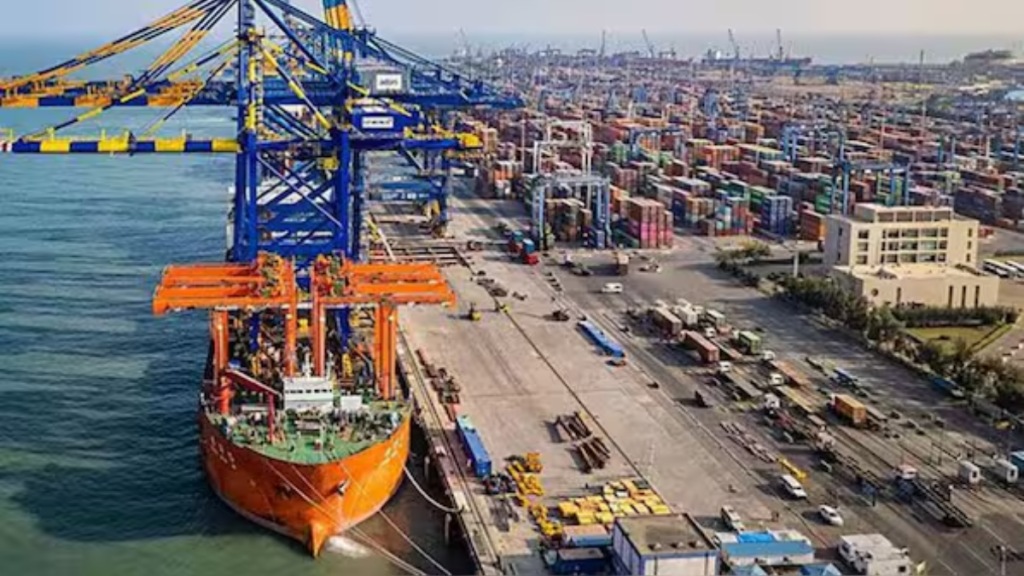In a notable update for India’s maritime sector, Union Minister of Ports, Shipping, and Waterways, Sarbananda Sonowal, outlined the government’s efforts to enhance self-reliance in shipping during a Rajya Sabha session. These initiatives are central to a strategy aimed at boosting domestic capabilities and reducing reliance on foreign entities.
Key Initiatives
Ship Building Financial Assistance Policy (2016-2026): Launched on December 9, 2015, this policy provides financial aid covering 20% of the contract price for vessels constructed after signing valid contracts. The assistance amount, reduced by 3% every three years, is capped based on the least of contract price, actual receipts, or fair price.
Subsidy Support to Indian Shipping Companies: Initiated in 2021 with a ₹1,624 crore budget over five years, this scheme offers subsidies to Indian firms participating in global tenders for government cargo such as crude oil and coal.
Right of First Refusal (ROFR): This policy gives Indian-flagged vessels the chance to match the lowest bid from foreign vessels, promoting Indian-flagged and Indian-built vessels, including those under Indian Financial Services Centre Authority (IFSCA) ownership.
Impact on the Shipping Sector
As of June 2024, India’s fleet includes 485 Indian-flagged vessels with 11.95 million Gross Tonnage (GT) in overseas trade and 1,041 vessels with 1.7 million GT in coastal trade. With a total of 1,530 vessels and 13.7 million GT, the rise in Indian tonnage highlights the effectiveness of these policies in enhancing national maritime capabilities and preference for Indian-flagged vessels.

